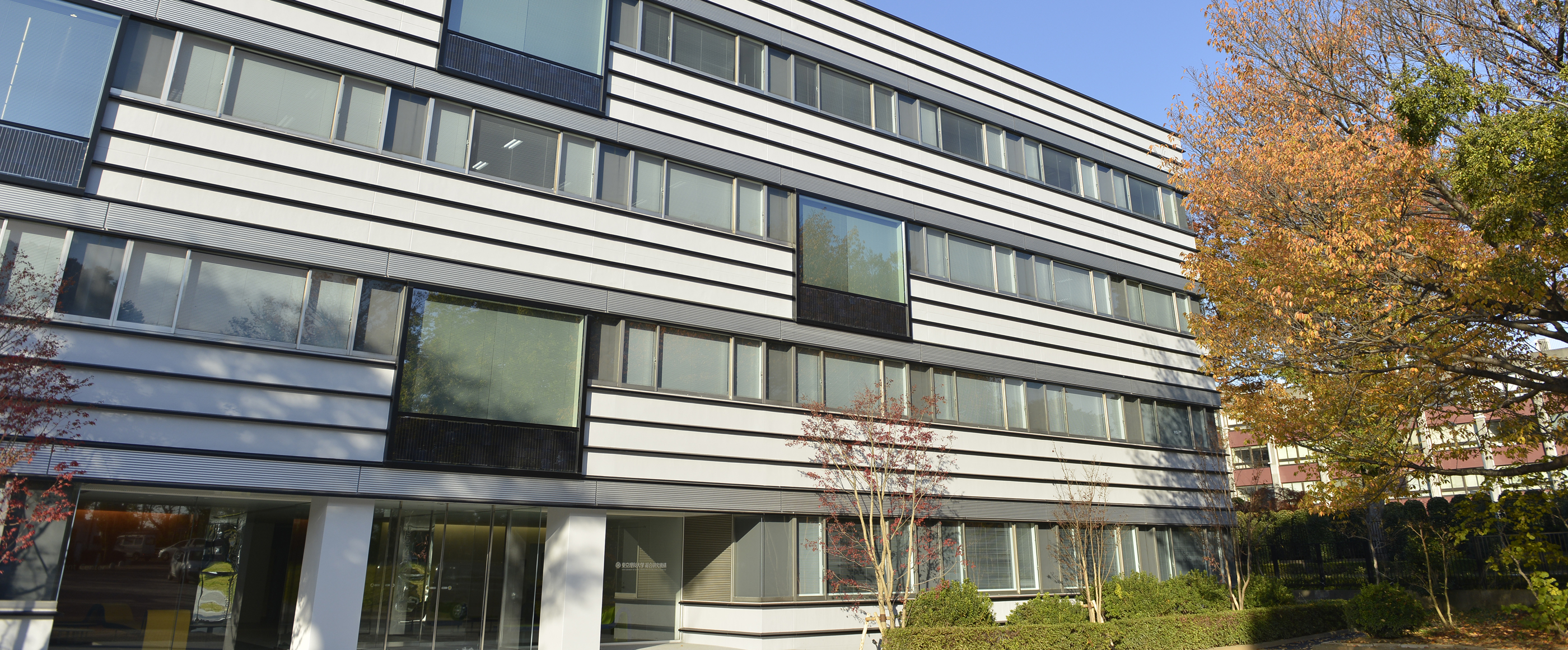The Research Institute for Science and Technology (RIST) is a cross-disciplinary research organization within the Organization for Research Advancement that was established in 2015 as a general research institution. Its forerunner, the Institute for General Research, was established in 1981. Education, research, and social contributions, the three pillars of Tokyo University of Science (TUS), are synergistically related, and the many cutting-edge integrated research projects conducted at RIST play a major role in training students to take a broad perspective and create social value.
As of April 2025, five Research Centers, one Joint Usage/Research Center, two Research Hubs, twenty-one ResearchDivisions, one Open Innovation Project, and one Endowed Research Project are active at RIST. In all our activities, in addition to actively pursuing basic science in various academic fields, we promote close cooperation between disciplines and conduct innovative research by removing bureaucratic barriers both inside and outside the university. We began promoting research focused on environmental and energy issues even before the United Nations established its SDGs (Sustainable Development Goals) in 2015.
The following is an overview of four Research Centers, two Research Hubs, and one Open Innovation Project that started after FY2021 and are currently active.
The Water Frontier Research Center is the successor to the Water Frontier Science & Technology Research Center (WFST), which was established under a Ministry of Education, Culture, Sports, Science and Technology branding project in 2016 and launched in 2021. It was established as a research center to promote cutting-edge research related to “water interfaces,” the behavior of water on material surfaces, and to provide comprehensive services for cooperatively finding solutions to problems faced by industry.
The Space System Creation Research Center was established in 2021 from a reorganization of the Photocatalyst International Research Center (established in 2013) and the Space Colony Research Center (established in 2017). It has been building and expanding a human resource base consisting of next-generation space scientists and engineers capable of operating at the international level, and it has been developing technologies required for space habitation involving water, air, food, energy, and so on to create a virtuous cycle between earth and space with a focus on photocatalysis. It also conducts research and development on technologies necessary for humans to stay in extreme enclosed environments for prolonged periods, and it has been developing integrated systems that encompass the science and technologies necessary for creating future space planes as well as the legislation that governs commercial space transportation.
The Research Center for Drug Discovery and Applied Sciences was established in 2023 to carry on the Chemical Biology Division Supported by Practical Organic Synthesis, which had been active until FY2022, through collaboration with researchers in the field of molecular biology. The goal of this Center is to create drugs by carrying out drug discovery research on new substances developed by TUS using our proprietary organic synthesis technology.
The Nucleic Acid Drug Discovery Center was established in 2024 to further expand the research results of the Division of Nucleic Acid Drug Development, which was active until FY2023. Towards the practical application of nucleic acid medicines, the center aims to create nucleic acid medicines for new target diseases through the establishment of new chemically modified nucleic acid synthesis methods, the development of artificial molecules to stabilize nucleic acid medicines, and the establishment of DDS and formulation methods.
One of the research hubs, the Carbon Value Research Center was developed in January 2022 with the aim of utilizing the science and technology of the university’s faculty to develop essential chemical science and technology, such as artificial photosynthesis, that will contribute to carbon neutrality, through collaboration and joint research with external organizations. The Center is developing carbon value science and technology by pursuing the science and technology of green hydrogen production and the synthesis of useful materials utilizing carbon dioxide as a source of carbon.
The other research hub, the Research Center for Multi-Hazard Urban Disaster Prevention was launched in August 2023. The Center will create and implement a new science of urban disaster management that addresses multi-hazards in which hazard chains occur across time and space causing an increase in damage, through strong collaboration of disaster management researchers on various hazards and data science researchers. Through this Center, we aim to build a safe and security society in which no one is left behind in a sustainable and diversity-conscious manner.
With our Open Innovation Projects, we aim to contribute to the creation of new value by disseminating, both inside and outside the university, the results and findings of joint research involving both university faculty and companies. These research activities, which could be described as “knowledge co-creation”, are expected to produce solid research results in line with the medium-term R&D strategies of corporations and other participants. In 2022, a new Open Innovation Project, the Research & Development Platform of Functional Green Building Materials, was established in collaboration with Shimizu Corporation. This project promotes research and development aimed at the social implementation of environmentally friendly architecture.
Through collaboration on research across Research Centers, Research Hubs, and Research Divisions, RIST aims to enhance the fluidity and mobility of faculty personnel. By taking advantage of appealing research environments that are rich in vitality and unity, we aim to foster highly creative, diverse human resources who will lead the next generation of society, and to become an international hub for interdisciplinary research. We will also create new academic trends and produce transparent research results in a way that is unique to TUS.



